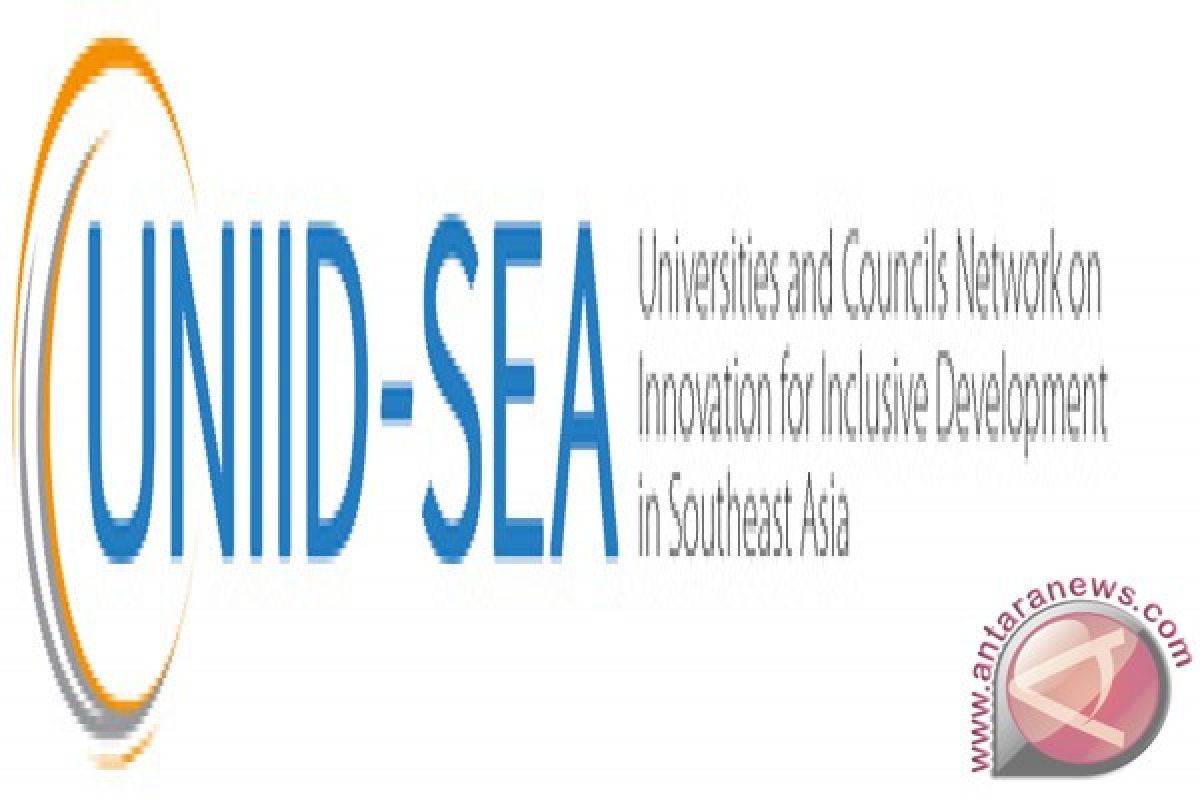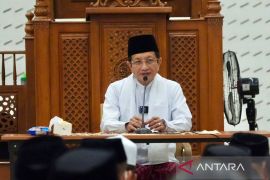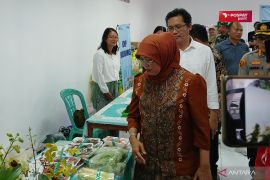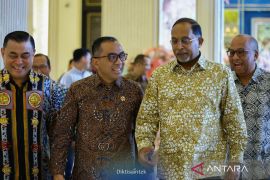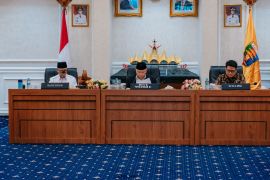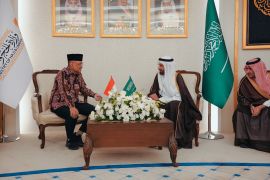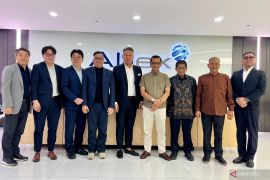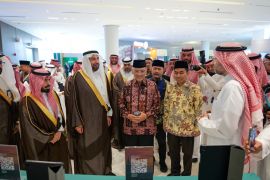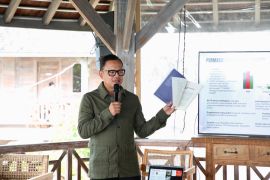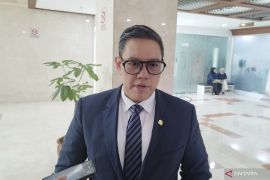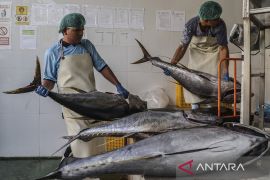Called the Innovation for Inclusive Development (IID) Challenge, this pioneering small grants program helps to reduce the internal development gap among ASEAN Member States by facilitating the sharing of knowledge and innovations that address common development issues in the region. This is supportive of the collaborative efforts of UNIID-SEA and the Philippines' Department of Foreign Affairs, through its Office of ASEAN Affairs, to push for the integration of inclusive development in the ASEAN agenda.
What is innovation for inclusive development?
Inclusive innovation is at the heart of innovation for inclusive development, which is broadly defined as "innovation that aims to reduce poverty, and enables as many groups of people, especially the poor and marginalized, to participate in decision-making, create and actualize opportunities, and share the benefits of development."
Program sponsors and objectives
Initiated by UNIID-SEA - in partnership with the National Research Council of the Philippines (NRCP), National Research Council of Thailand (NRCT), Dewan Riset Nasional (DRN) of Indonesia, and National Council for Science and Technology Policy of Vietnam (NCSTP) - the IID Challenge envisions research as a dynamic process, with communities being regarded not just as mere recipients of, but also as partners in, grassroots empowerment.
Specifically, the grants program will:
- introduce IID as a strategy for innovation research to achieve national development goals and targets for inclusive development; and
- involve a team - consisting of a community partner, research partner and intermediary partner (e.g. local government agencies, private sector, academe and civil society organizations) - in order to increase the project's usability, acceptability to the community and ownership by the community.
IID and action research
The IID Challenge is accepting proposals until June 30, 2014 for action research in the following areas: 1) food security; 2) access to clean and low-cost energy and water; 3) health and sanitation; 4) natural resource management and climate change adaptation; and 5) human security and development.
Recent examples of successful IID initiatives include:
- a stand-alone water purifying system developed for floating communities in Vietnam. Fitted to a typical boathouse, the bicycle-driven system can filter 300 litres of water per hour.
- an Indonesian project that developed a single diagnostic test kit for malaria, typhoid and leptospirosis;
- removing hazardous pesticides from drinking water in Thailand using locally made activated carbon
- a project in the Philippines that resulted in the production and distribution of emergency food reserves based on cassava flour, a locally available, abundant, affordable and ready-to-use food ingredient; and
- a Cambodia-based project that resulted in the successful design, construction and trial of the world's first community-based floating human waste treatment barge;
For more information, see:
- Pathways out of poverty: Innovating with the BoP in Southeast Asia http://bit.ly/1dr0wvw
- Research "by the people": Making it possible http://bit.ly/1ptXlNy
Images (available for download) http://bit.ly/1qdtmcS
(Photo credit to Ateneo School of Government for all images)
- Images 1a, 1b, 1c and 1d: A researcher on the bicycle powering the water purifying system in Vietnam, samples of purified water compared to unpurified water and a houseboat where the system is being used.
- Images 2a and 2b: The diagnostic kit for malaria, typhoid and leptospirosis developed in Indonesia and officers being trained to use it.
- Images 3a, 3b, 3c and 3d: Model of the latrine at the waste treatment project in Cambodia as well as members of the community which benefitted from the project including Mr Sok Sueng and the Phat Sanday School.
About UNIID-SEA
The Universities and Councils Network for Innovation for Inclusive Development in Southeast Asia (UNIID-SEA) is a project of the Ateneo School of Government (ASoG), in collaboration with the National Research Council of the Philippines (NRCP). UNIID-SEA works with universities and research councils in Southeast Asia to promote action research and facilitate the development of programs that support innovation for inclusive development. UNIID-SEA is supported by Canada's International Development Research Centre (IDRC).
For more information about the IID Challenge Grants Program and UNIID-SEA, see:
- IID Challenge Call for Proposals http://uniid-sea.net/iidchallenge
- Universities and Councils Network on Innovation for Inclusive Development in Southeast Asia (UNIID-SEA) http://uniid-sea.net/about-uniid-sea/
For articles relating inclusive development to the ASEAN integration agenda, see:
- Overcoming the roadblocks to ASEAN Integration http://bit.ly/1uqDgWj
- Rethinking the Development Gap: ASEAN's Inclusive Growth Imperative http://bit.ly/1xXsGdV
CONTACT INFORMATION
Media Contact:
Dana de Guzman
Communications Associate
Tel: +632 426 6001 loc.4639
Fax: +632 929 7035
Info.iidchallenge@gmail.com
General contact:
UNIID-SEA
Ateneo School of Government
Pacifico Ortiz Hall, Fr. Arrupe Road,
Social Development Complex,
Ateneo De Manila University,
Loyola Heights, Quezon City,
Philippines 1108
Tel: +63 2 426 6001 locals 4646, 4639
Telefax: +63 2 929 7035
Email: info@uniid-sea.net
Website: www.uniid-sea.net
Editor: PR Wire
Copyright © ANTARA 2014
